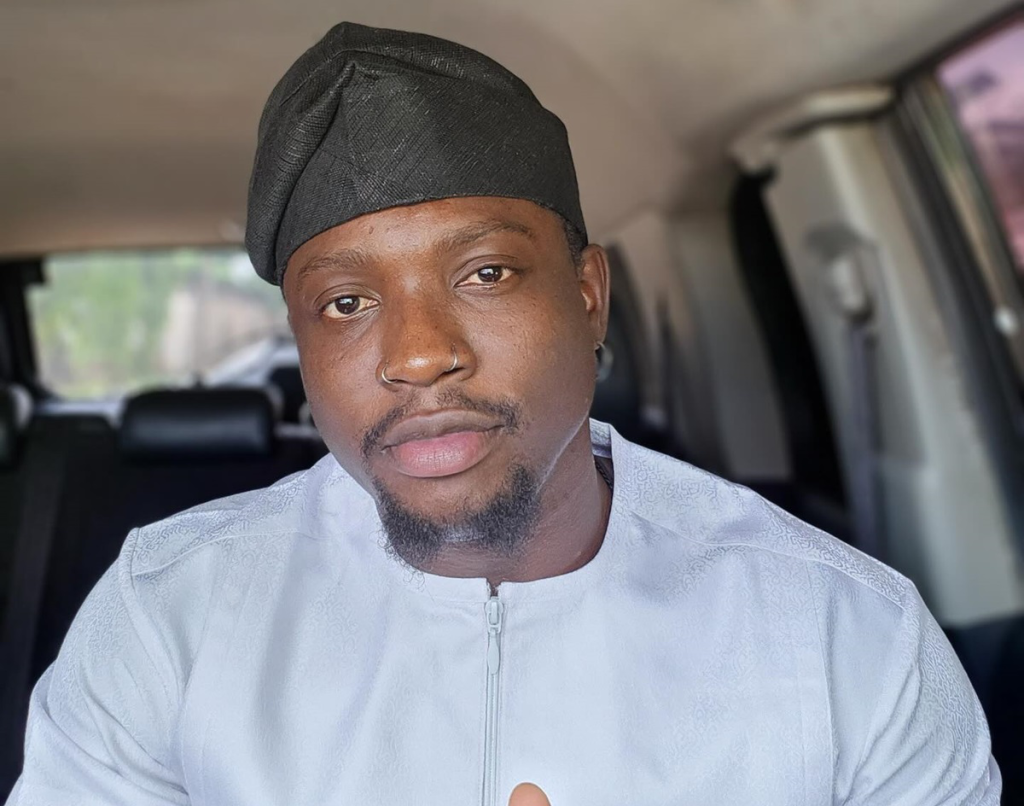Nigeria’s Federal High Court in Abuja has adjourned the high-profile cyberbullying trial of controversial social media figure Martins Otse, widely known as VeryDarkMan (VDM), to December 2, 2024. The influencer faces multiple charges, including alleged online harassment of Nollywood actresses Iyabo Ojo and Tonto Dikeh, as well as accusations against musician-producer Samuel Oguachuba (Samklef) and senior law enforcement officials.
Justice Musa Liman rescheduled proceedings following a brief hearing Thursday, marking the latest development in a case that underscores Nigeria’s ongoing efforts to enforce its 2015 Cybercrime Act. Otse, who pleaded not guilty to all charges during his May 15 re-arraignment, remains free on a ₦10 million ($6,700) bail initially granted by Justice Mobolaji Olajuwon in June.
The bail conditions require two sureties employed by reputable companies or holding senior federal civil service roles, with proof of three-year tax compliance. Defense counsel Deji Adeyanju successfully argued for the continuation of these terms during Thursday’s session, with no objections from prosecution lawyer Victor Okoye representing the Inspector-General of Police.
The case, originally filed in March and reassigned due to judicial transfers, outlines four primary allegations. Prosecutors claim Otse used his Instagram account “verydarkblackman” to circulate threatening content against Samklef in October 2023. A subsequent post allegedly targeted Iyabo Ojo with what authorities describe as “indecent, obscene, and menacing” claims about her personal life, including a video accusing her of inappropriate conduct with her daughter.
In January 2024, Otse reportedly accused Tonto Dikeh of misusing funds raised for the Justice for Mohbad Movement, a campaign linked to the late Nigerian singer Mohbad. A March 2024 charge alleges defamatory posts about senior police officials and National Assembly members.
Legal analysts note the case exemplifies Nigeria’s increasing application of cybercrime statutes to regulate online speech, particularly involving public figures. Section 24 of the Cybercrime Act criminalizes spreading offensive, menacing, or false information through computer systems, carrying penalties of up to three years imprisonment or heavy fines.
The adjournment follows procedural delays stemming from the reassignment of judges, a common occurrence in Nigeria’s overburdened justice system. While supporters view the charges as an overreach threatening free expression, advocates argue stricter enforcement could deter digital harassment campaigns plaguing the country’s entertainment industry and political sphere.
As Nigeria contends with rising internet penetration and social media’s influence, the December hearing may set precedents for balancing constitutional rights with digital accountability. Prosecutors have yet to indicate whether further charges will be filed ahead of the trial’s resumption.
